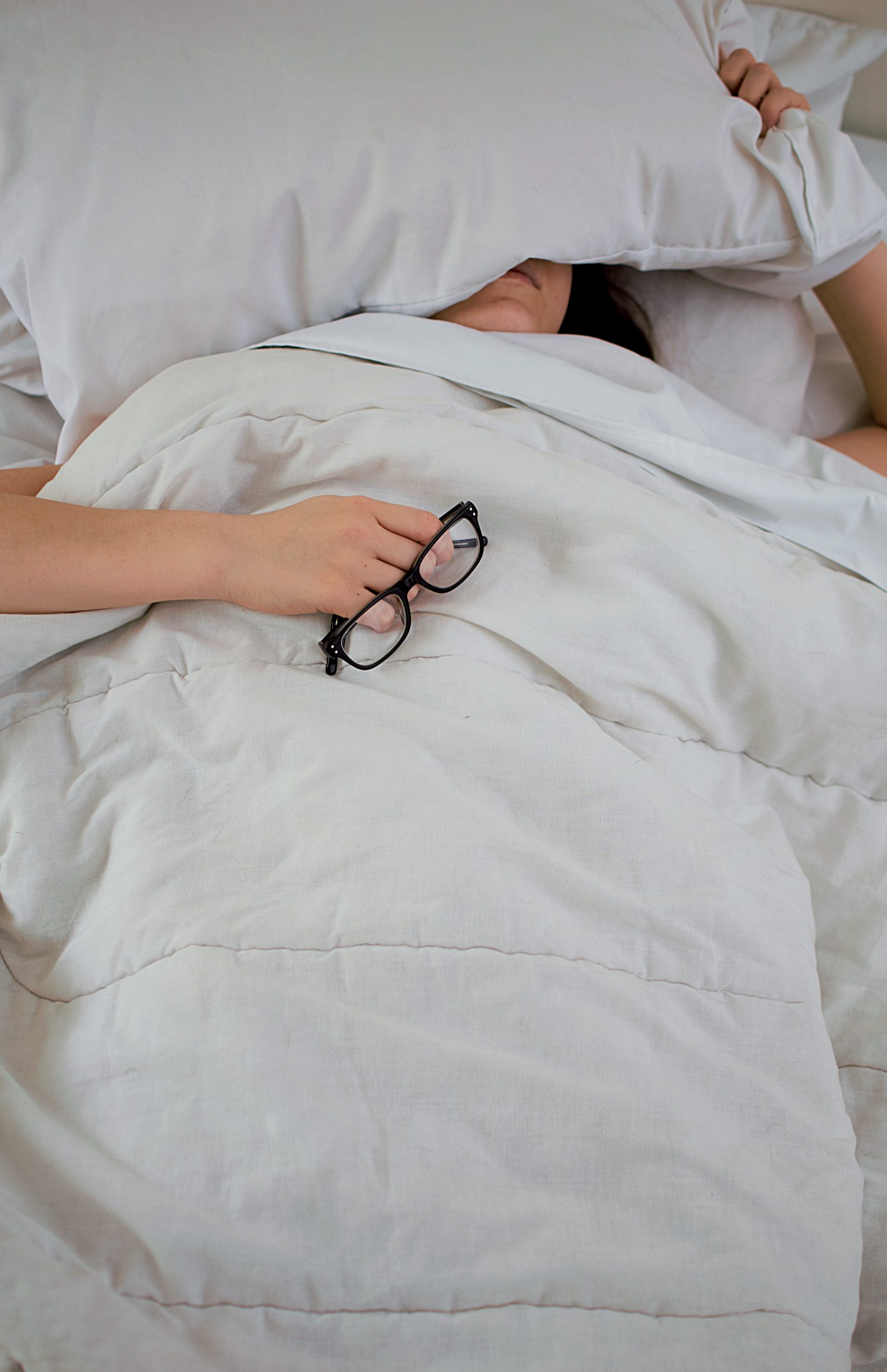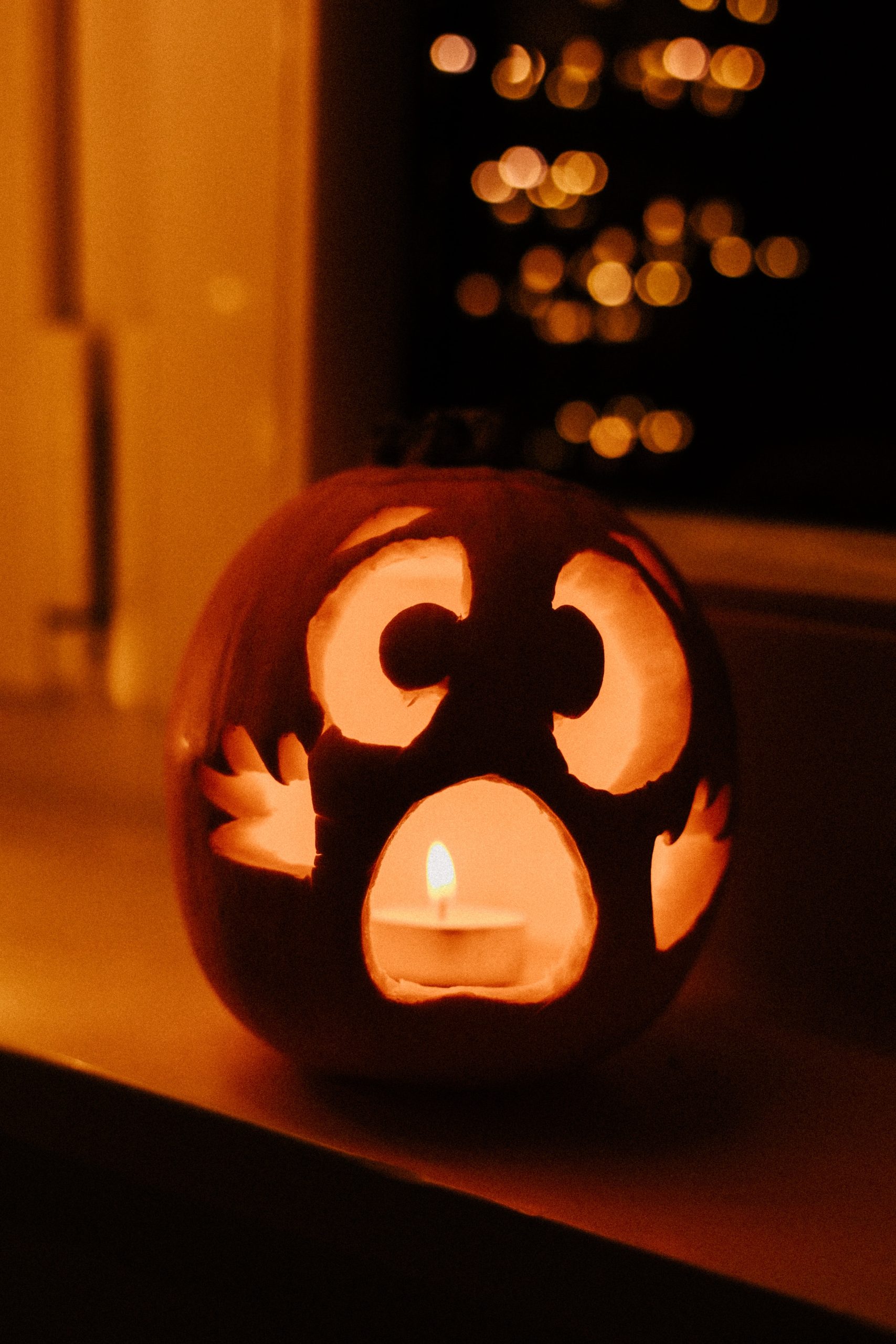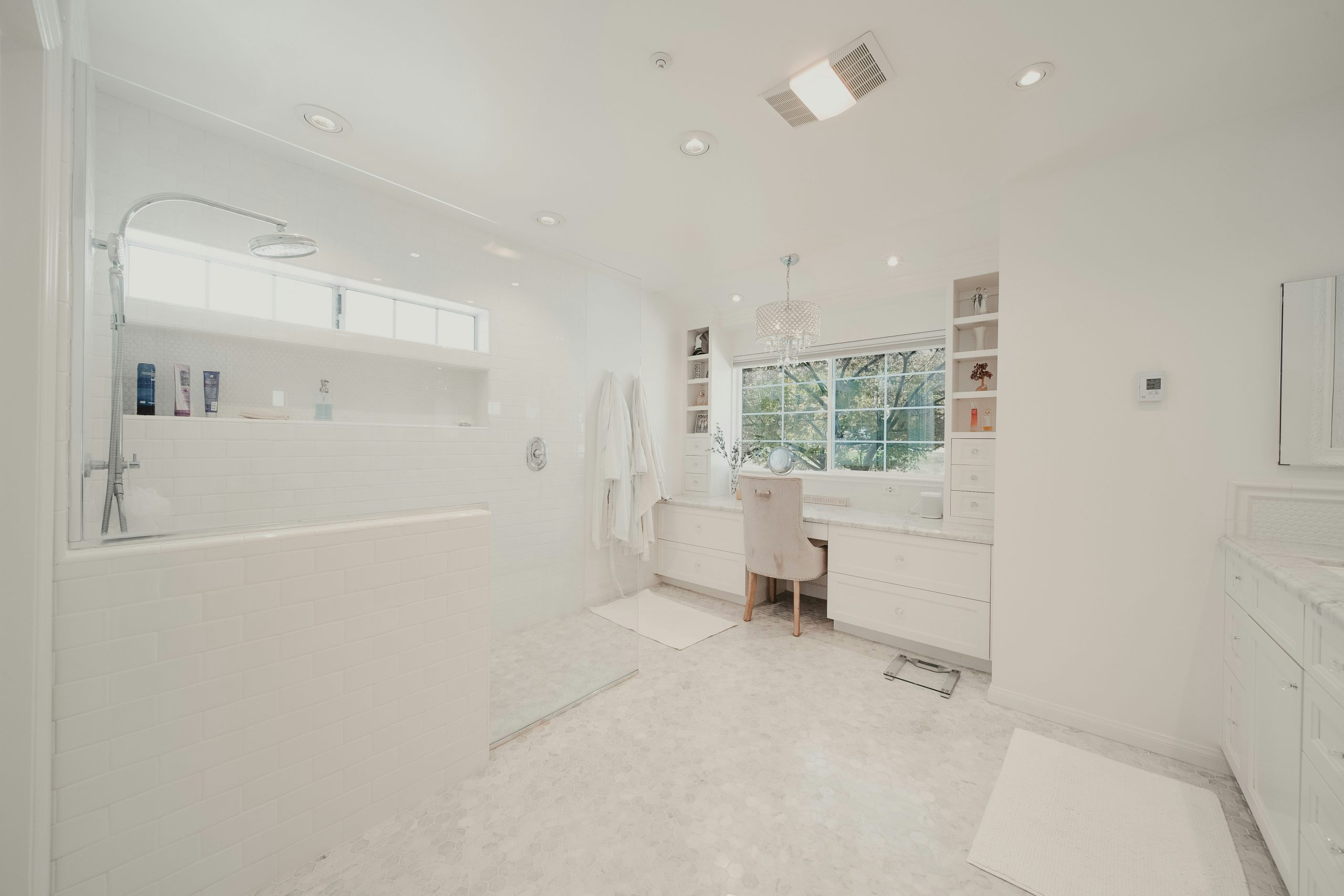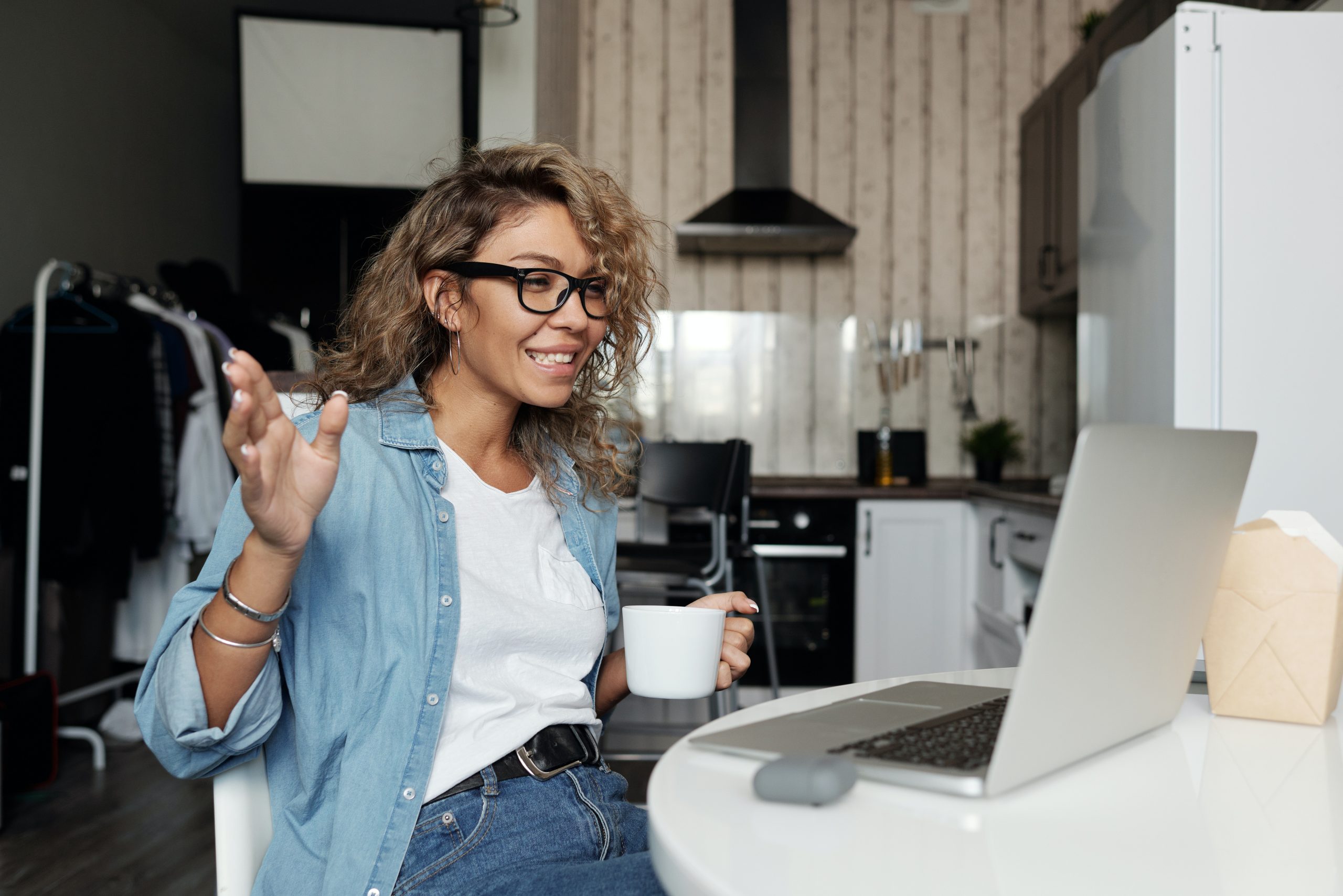Picture this: you’re in bed, and it’s late. Really late. You’re lying in the dark, the only light in the room your phone screen illuminating your face. You’ve been scrolling for hours, but you can’t sleep, and this is preferable to tossing and turning in boredom. Familiar? If it is, you’re not alone. Reports of countless people with the same issue have been cropping up for years, with the focus being especially on children. The issue is that social media is causing sleep deprivation, not helping it. The thing so many turn to when they can’t nod off may be the thing keeping them up in the first place. Even if they’re aware of it, the addictive nature of social media makes it extremely hard to put down the phone at night. Many would rather pass out staring at a screen.
How is Social Media use stopping us sleeping?
There isn’t just one way that social media is keeping us up at night. A study in the journal Sleep Medicine set out to investigate whether people were turning to social media because of sleeplessness, or if they were losing sleep because of social media. Using data collected from Reddit about when users post compared to their estimated ‘bedtimes’, researchers found that users were especially likely to use Reddit after their ‘bedtimes’ if they had posted shortly before: “users who posted online within an hour of their bedtime were more likely to stay awake for one to three hours afterwards”. They theorise that this could be due to expectation of social interaction, i.e. responses of others to their post, and/or from screen lights affecting circadian rhythm.
Another study from the journal Sleep Health found that kids with “intense social media use” were more likely to experience sleep problems. As well as those mentioned above, FOMO (fear of missing out) was listed as a probable cause. Adolescents are particularly vulnerable to social expectations, and they have normalised checking socials throughout the night. This study looked specifically at children under 12. It found that children were losing approximately 1 night’s sleep a week to social media, and 12.5% were waking up throughout the night to continuously check socials. 90% of the children surveyed were on TikTok, with 84% on Snapchat and over 50% on Instagram. This is despite the minimum age on each of the platforms being 13 years old (at least in the UK, where the study took place). It’s no wonder governments are trying to crack down on harmful social media use amongst children.
Sleep Deprivation has a pretty brutal impact on our health.
There’s a wide range of negative effects sleep deprivation can have on us, and they can be both long and short term. Here’s some examples:
- Lack of energy to complete basic daytime tasks, and cognitive impairment. That doesn’t just include failing at school and making mistakes at work, but also traffic collisions and other dangerous accidents.
- Mood changes and mental health problems. Anxiety and depression can be both caused by and exacerbated by a lack of sleep. Even lighter sleep deprivation can cause irritability and frustration.
- Sleep helps the body regulated a range of processes, such as blood pressure, metabolism and sugar processing. Failure of these functions can lead to heart disease, obesity and diabetes respectively.
- In children, sleep deprivation can have even more severe effects, as sleep is key to brain development. Lack of sleep can lead to problems with attention, emotional control and relationship forming in later life.
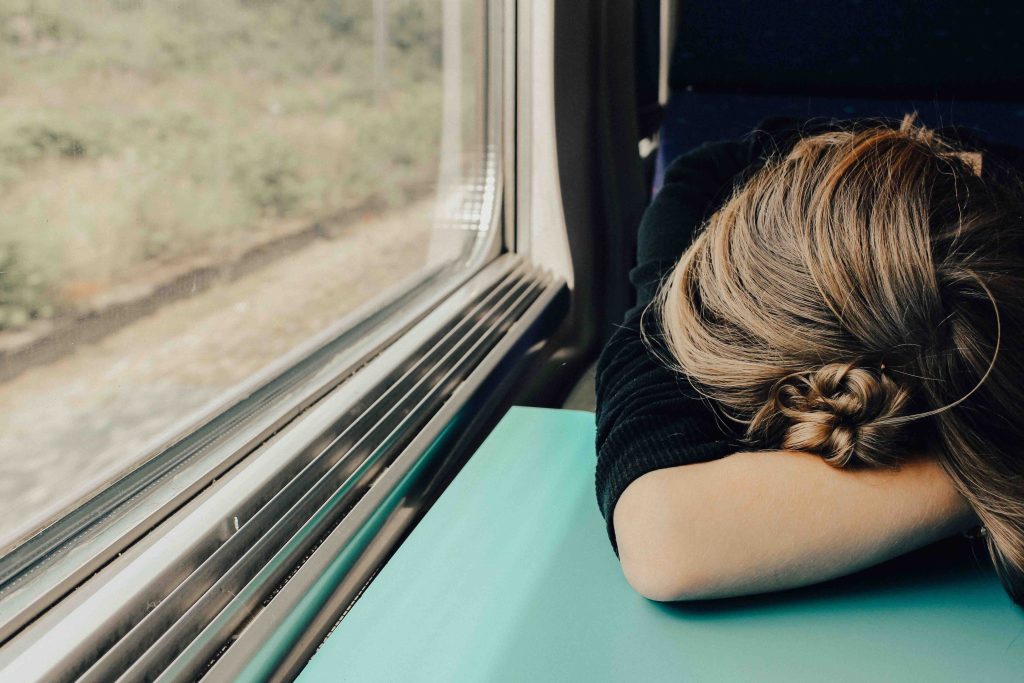
An obvious solution is to move away from Social Media use.
Social media is designed to keep us on it, so an active effort is needed to break the bedtime scrolling habit. Features like Tiktok‘s reminders to go to sleep are unlikely to work when the whole rest of the platform is designed to keep you scrolling for as long as it can. However, LifeBonder‘s goal is to reverse this harmful impact that social media has had on us (such as sleep deprivation). LifeBonder encouraging us to live a full life in the mesaverse, rather than online, by helping us to form meaningful and fulfilling relationships in the real world. If we can shift the majority of our human interactions offline, then bedtime social media will have little draw anymore, and we can quit it.
Can’t quit cold turkey? Here’s a couple of common tips to limit the impact of social media on your sleep:
In combination with using LifeBonder, you can:
- Turn off your phone at least an hour before you want to go to sleep, and don’t post anything for at least a couple of hours before.
- Put your phone in a different room to the one you sleep in at night. Set it up to charge out of sight, somewhere far enough away that you’re not tempted to retrieve it. Out of sight, out of mind.
- If scrolling social media is part of your routine of getting to sleep, swap it for something like a podcast, music or an audio book. Classics like the radio or real physical books are also obviously options. Basically anything that doesn’t involve looking at a screen.
- If for some reason you need your phone to be on and near you at night, for example for emergency calls, then use internet blocking apps to block selected apps at particular hours. I can bet we don’t need most social media apps in emergencies.
